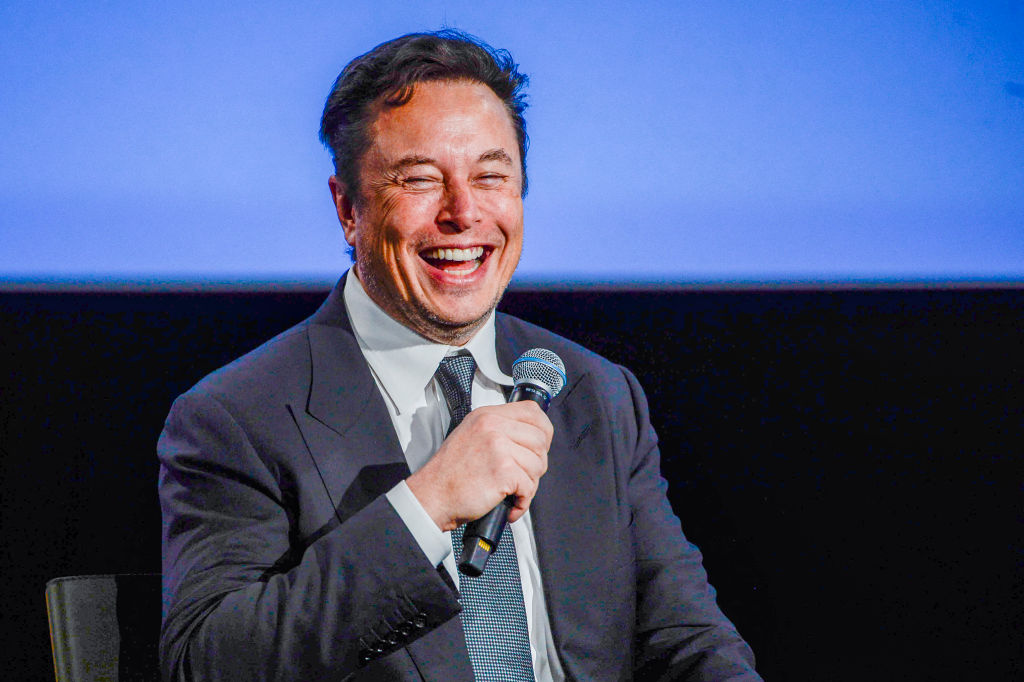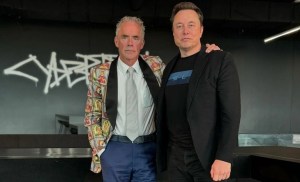When he bought Twitter in October last year, Elon Musk set out a bold vision for the bird app. The billionaire said his acquisition was “an accelerant” towards building “X, the everything app,” emulating the functionality of China’s WeChat, with which users can transfer money, play video games, shop online and more. But so far, beyond registering a holding company called X Corp, there are few signs of progress towards this so-called everything app.
Musk’s fiercer critics warn he may end up with a nothing app: after gutting most of the company’s workforce and redesignating blue ticks to denote paid subscription instead of notoriety, Twitter’s user experience is rapidly deteriorating. Many users may be tempted to leave if an alternative arrives on the scene.
Musk’s promises for Twitter’s redesign are part of a broader trend of the world’s second richest man over-promising
What once felt like a free and open public forum has become one in which those who pay the most get to shout the loudest, while others with more thoughtful expressions are pushed to the wayside. To make matters worse, it’s now difficult to tell if many people on the site are who they say they are. Even Twitter staff are struggling — earlier this week one user was able to change his name to Disney and was mistakenly awarded gold-tick verification for his efforts. “This isn’t actually real, right?” he tweeted.
The state of Twitter, and Musk’s promises for its redesign, are part of a broader trend of the world’s second richest man over-promising. In 2015, Musk said of Tesla’s plans for driverless cars: “My guess for when we will have full autonomy is approximately three years.”
In 2017, he promised that, within months, “we’ll be able to do a demonstration guide of full autonomy all the way from LA to New York.”
He told investors in April 2019: “Next year, for sure, we’ll have over 1 million robotic taxis on the road.” And in a call with the same, increasingly impatient investors in January 2022, Musk said: “My personal guess is that we’ll achieve full self-driving this year.”
These bold pledges haven’t come to fruition. We await news of his next promise on driverless cars. Maybe 2024, Elon?
Worse than his over-promising is Musk’s attitude to his critics. In an interview in 1998, Donald Trump told the BBC: “If somebody is out to do a number on you, I really do believe you should do a number on them. The clergy has called, the ministers, the priests, the rabbis, they’ve all said ‘what a terrible thing to say’… I just believe it, I believe in an eye for an eye.”
If he were asked the same question, Musk might well offer the same answer — or go even further. Throughout his career, the Tesla boss seems to have been hellbent on “doing a number” on anyone who says something he doesn’t like, leaving little to the imagination when he describes his distaste for his foes.
The most straightforwardly heinous example of this came in 2018 after Vernon Unsworth, a British scuba diver, saved the lives of a dozen schoolchildren who had been trapped in a flooded cave in Thailand. Unsworth, who later received an MBE for his efforts, said Musk’s proposed solution to save them had been “unworkable.” Musk’s response was to call Unsworth a “pedo guy,” going as far as to spend tens of thousands of dollars on a private investigator in a bid to substantiate his baseless claim. He later apologized and retracted his comments after the matter ended up in court.
The media coverage of these events, as well as some of the less favorable reporting on his other business ventures, has led the billionaire to turn his sights on journalists. Musk accuses reporters of being part of a “legacy media” that aims to mislead the public. Stripping journos of their blue-ticks after buying Twitter seems an attempt at doing a number on them, too. But amid his enduring penchant for revenge, there are signs of genius in Elon Musk.
The entrepreneur was still in his twenties when his first internet startup was sold for more than $300 million, and was barely in his thirties when the next one, PayPal, was acquired for $1.5 billion. And then there’s Tesla.
It is an enormous feat on its own to convince gas-guzzling Americans that electric cars are cool, upending the traditions of a huge, proud automotive industry built over decades by the likes of giants Ford, Chrysler and Chevrolet. But it is altogether another to have grown a company so successfully that it is now worth more than those three carmakers combined. The evolution of the business, and the technology behind it, has been nothing short of remarkable.
Musk also says he is developing robotics to help cure life-threatening brain diseases, with a view to making tentative steps towards a transhumanist future. And the sky is not the limit for his ambitions. He is determined to complete a space mission to Mars in order to establish the first civilization outside earth, in order to safeguard the future of the human race. There is something distinctly noble about these grand projects, when Musk has more than enough cash down the back of the sofa to live out the rest of his days in luxury.
As with Twitter, many of these bold plans might never materialize. But perhaps only a fool would bet against them succeeding, because many made the same surly predictions on the fate of Tesla in its infancy. It is deeply irritating to think that someone so apparently mean-spirited might one day save humanity from extinction. But while the chances are low, save it he just might.
This article was originally published on The Spectator’s UK website.





















